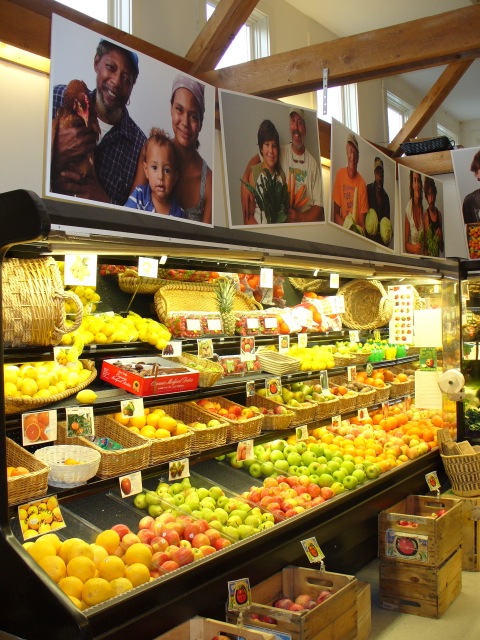 Are you a farmer or business person interested in selling to your local food co-op? Do you have an idea for a new product that you want to try out? Would you be interested in helping your local food co-op offer products that their customers are looking for?
Are you a farmer or business person interested in selling to your local food co-op? Do you have an idea for a new product that you want to try out? Would you be interested in helping your local food co-op offer products that their customers are looking for?
Food co-ops work closely with local suppliers and go out of their way to offer healthy, quality products at an affordable price. As community owned grocery stores, food co-ops are also concerned with the social and environmental impact of the products they purchase. Unlike chain stores, they do not charge shelving fees to suppliers.
Your Neighboring Food Co-ops purchase over $30 million in local products annually. Because we have close working relationships with local producers, we are often approached by start-up business owners with ideas for new products. In fact many successful enterprises in our region got their start selling to nearby food co-ops.
There are many things you can do to support shared success in advance of contacting local food co-ops. For example, product consistency, availability, and food safety are central concerns. Food co-op staff can be a valuable resource for you by helping you to address these issues and provide feedback on customer demand and product viability.
Before you approach your local food co-op with your idea or product, consider the following questions:
- Does the co-op already carry this type of product? How is yours unique? Will it support the co-op’s mission?
- Do you have samples of your product, including any packaging and marketing materials?
- Do you have required licensing for your product from relevant federal, state and/or local agencies?
- Do you have a bar or UPC code for your product?
- Do you have liability insurance in place?
- Could you work with a distributor or producer co-op that can make ordering, delivery, and product availability more efficient and consistent for the co-op?
This information is intended to be introductory only and does not represent the practices of all food co-ops. We recommend that you explore other internet resources including www.foodsafety.gov, and federal and state departments of Agriculture and Health, as well as local business development and support organizations that can provide additional information and advice.

